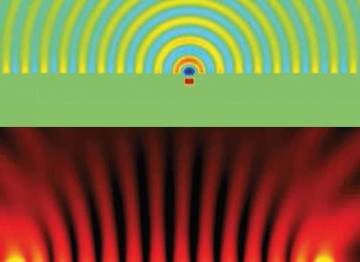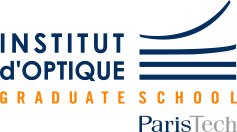SC6Optical interferometry: principle and applications
Niveau : Débutant/Intermédiaire
Publics :
Engineers or technicians who whish to specify, design, use or optimize an interferometer for phase or amplitude measurements, in industrial or research fields.
Prérequis :
Preliminary knowledge of complex numbers and Fourier Transforms would be useful
Langue de la formation : Français
Capacité maximum : 12
Prix : 1820 € HT -
Durée : 4 days - 28 h
Objectifs
- Understand optical interferometry
- Discover the usefulness of this technique in various industrial applications

Thèmes abordés
Physical optics
Coherence
Components
Signal processing
Industrial or commercial applications
Le programme
Principle and operation of an interferometer, coherence and applications
- Analysis of 2-beam interference and contrast losses, N-beam Interference
- Sub-systems of an interferometer (splitting, combining, [de]modulation), types (Young, Michelson, Mach-Zehnder, Fizeau...) and exploitation (Zernike polynomials)
- Detailed study of spatial and temporal coherence
- Interferometric techniques and uses (longitudinal or surface metrology, spectroscopy, velocimetry, fibered sensors, coherent detection, phased arrays)
- tutorial classes: part or prolongation of main course, study of application cases
Practical exercises
- Michelson interferometer
- Fizeau interferometer (Zygo type)
- Homodyne/heterodyne detection (acousto-optic modulator)
- Speckle interferometry (deformation/vibration)
Méthodologie et évaluation
Lectures and exercices
Demonstration on laboratory material, according to trainees wishes
Practical hands-on on instruments
Responsable(s) pédagogique(s) :
- Frédéric Cassaing - Ingénieur expert Onera
Toutes les formations :

